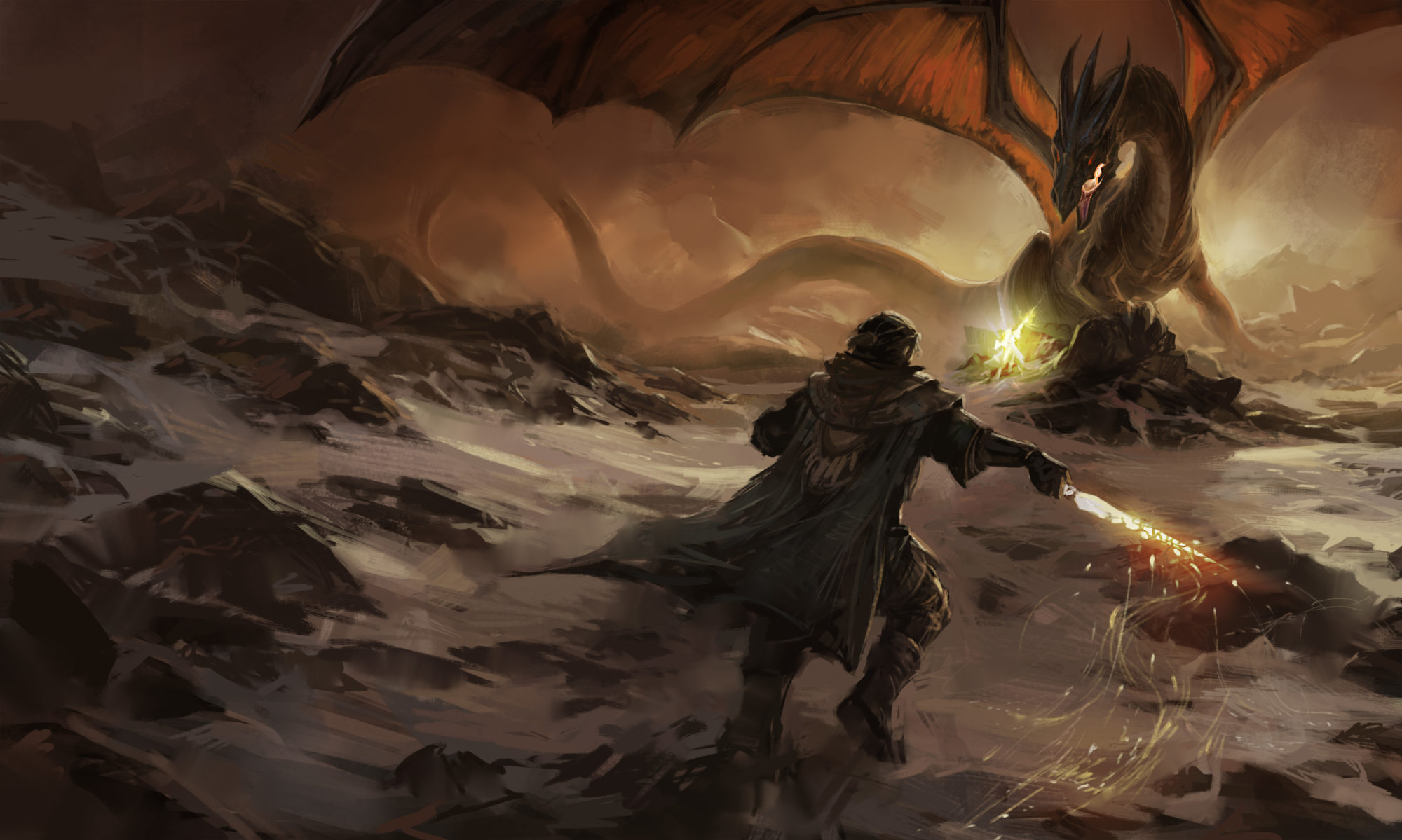At the Editor’s Desk
This week was so busy it ran into next week! Sorry for the late newsletter, but it’s been delayed by some truly exciting projects, so I’m sure you’ll forgive me.
Master of Professional Writing
This week I attended the orientation for new graduate students in the Master of Professional Writing program at the University of Oklahoma. It’s a two-year graduate degree that focuses on writing novels, non-fiction books, and screenplays. You know I’m already focusing pretty heavily on the first two of those, and I’ve got secret dreams of seeing Gods Tomorrow as a screenplay within my lifetime, so there’s incredible potential here.
I said a little bit more about orientation (and my expectations for the coming semester) over at the Consortium blog, in case you’d like to know more.
Gods Tomorrow
I’ve also spent most of the month really wrapped up in last-minute improvements to a two-year-old manuscript. That’s because I’m planning to self-publish Gods Tomorrow in early September.
It’s a huge undertaking, but I’ve been making rumblings here lately against the publishing establishment, and I’ve been linking you to article by J. A. Konrath who makes screeds against the establishment, so I’m doing my due diligence. I’m going to publish my best, most polished, most promising manuscript as a total gamble, and let you know what I learn.
Of course, I’m doing everything I can to bias the results, so I’ve been pretty busy planning a coverart photoshoot with the amazing Julie V. Photography (not to mention contacting Julie Roads for some help with the back cover copy).
On Unstressed Syllables
This week we covered two major topics: after exhorting you to accept your expertise as a writer (I called it “writing in the deep end”), I went on to demand that you obey some writing rules again.
Sunday I introduced the Technical Writing series on expertise with a story about throwing my daughter in the deep end of the pool, and watching her struggle back to the top. Ugh! Just typing that makes my stomach tie up in knots, but it turned out to be a good thing.
Then on Monday I talked about pretending to be an expert writer. I’ve spent most of the last year practicing what I preach, as far as that goes, and it’s definitely turned out to be a good thing.
Then Tuesday I tried to tell you how to overcommit yourself as successfully as I have done. It’s all about stretching your competence, and I’m pretty confident that’s the only way anyone has ever earned the rightful title of “expert.”
On Wensdy (as we sometimes say it in these parts), Courtney told us what she learned about writing this week when she returned to her writing Bible, a memoir/textbook written by Stephen King; in essence, she told us — as he told us before — to use the words we know and stay away from the big and fancy words, no matter how tempting they might be. I think it’s good advice. How about you?
Thursday I introduced the Creative Writing series on writing rules with a story about a high school math teacher who let me sweat it out, before doing me a tremendous favor. Who would have thought math could be so suspenseful?
On Friday I talked about suspense, and the challenging balance of surprising your readers without keeping them in the dark. One of those things is a requirement of good writing, and the other one is absolutely against the rules. Fun.
Saturday’s article cleared things up a little bit, though, because real suspense isn’t built out of ignorance. The best way to write suspense is by creating real concern for fictional characters. Once that’s in place, you can do more to worry your readers by revealing what’s in store than by hiding the things they need to know. It’s liberating…and incredibly powerful.
